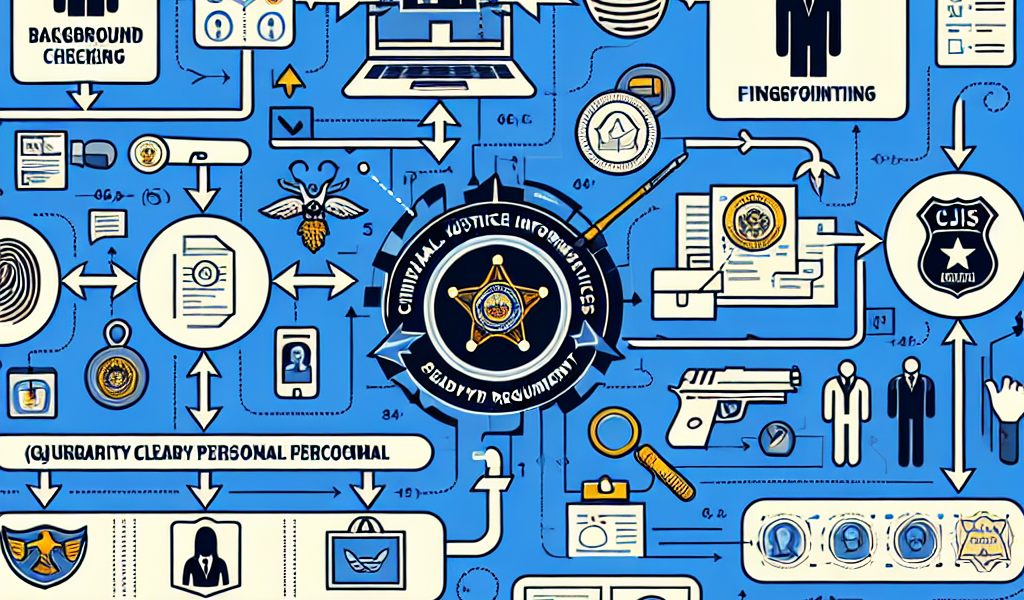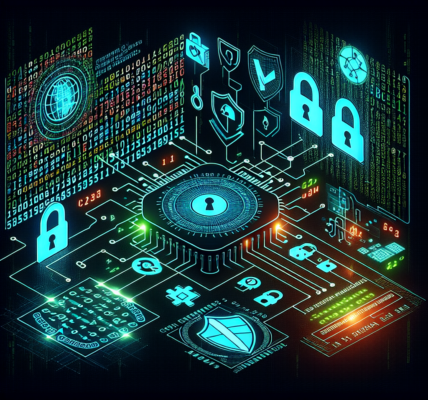In today’s hyper-connected world, ensuring the integrity and security of sensitive information is paramount, particularly for organizations that handle criminal justice information. Understanding CJIS Ready personnel security requirements is critical for compliance, security, and trust-building. The stakes are high: failing to meet these requirements can lead to severe legal ramifications and loss of contracts. In this article, we delve into the intricacies of CJIS personnel security standards and guidelines, equipping you with the knowledge needed to safeguard your organization against potential vulnerabilities.
Overview of CJIS Personnel Security Standards and Guidelines
The Criminal Justice Information Services (CJIS) Division, part of the FBI, enforces stringent security standards to protect sensitive criminal justice information. These standards aim to mitigate risks associated with unauthorized access and ensure that personnel who handle this data are trustworthy and vetted. The CJIS Security Policy outlines a comprehensive framework that includes personnel screening, background checks, and training requirements for individuals working with criminal justice data. Organizations must adhere to these guidelines to maintain their CJIS access and uphold the integrity of their operations.
A pivotal aspect of CJIS personnel security standards is the necessity for thorough background investigations. This includes criminal history checks, verification of employment, and assessments of character and reputation. Such investigations often require a detailed review of an individual’s past, including any felony convictions or disqualifying misdemeanors. Furthermore, the CJIS Security Policy emphasizes the importance of continuous monitoring, meaning that personnel must be regularly reassessed to ensure ongoing compliance with security measures. This vigilance is not merely a bureaucratic formality; it serves as a crucial line of defense against potential risks.
Training and awareness are also integral components of the CJIS personnel security requirements. Employees must undergo regular training to understand the importance of safeguarding sensitive information and the legal ramifications of non-compliance. This training often covers topics such as data encryption, secure communication practices, and incident reporting protocols. By instilling a culture of security awareness, organizations empower their personnel to be proactive in identifying and mitigating potential threats, thereby reducing the likelihood of data breaches and enhancing overall security posture.
Key Considerations for Compliance with CJIS Requirements
To achieve compliance with CJIS personnel security requirements, organizations must establish a robust security policy that clearly outlines their approach to protecting sensitive information. This policy should detail the procedures for conducting background checks, training programs, and ongoing evaluations. Additionally, it should define the roles and responsibilities of personnel involved in data handling, ensuring that everyone understands their obligations concerning CJIS standards. By creating a comprehensive security policy, organizations lay the groundwork for a culture of compliance and accountability.
Another crucial consideration is the implementation of technology solutions that can facilitate compliance with CJIS requirements. This includes using secure communication channels, advanced encryption methods, and access controls that limit data exposure to authorized personnel only. Organizations should also explore tools that automate background checks and training tracking, which streamline compliance efforts and improve efficiency. By leveraging technology, organizations can not only enhance their security measures but also simplify the process of meeting CJIS requirements, thereby reducing administrative burdens.
It is also essential for organizations to maintain open lines of communication with their personnel regarding security policies and compliance expectations. Regular meetings and updates can keep employees informed about changes to the CJIS Security Policy and foster a sense of ownership over security practices. Additionally, organizations should encourage feedback to identify potential gaps in compliance and security measures. By fostering a collaborative environment, organizations can cultivate a heightened sense of responsibility among their personnel, ensuring they remain vigilant and proactive in protecting sensitive criminal justice information.
Understanding and complying with CJIS Ready personnel security requirements is not merely a matter of regulatory compliance; it is a strategic imperative that safeguards your organization’s reputation and operational integrity. By developing a comprehensive security policy, utilizing advanced technology solutions, and fostering a culture of communication and collaboration, your organization can effectively navigate the complexities of CJIS compliance. Embrace these insights to enhance your security posture and protect the sensitive data that is essential to your mission. For further guidance or to explore compliance solutions tailored to your organization’s needs, don’t hesitate to reach out to experts in the field. Your commitment to security starts now!




